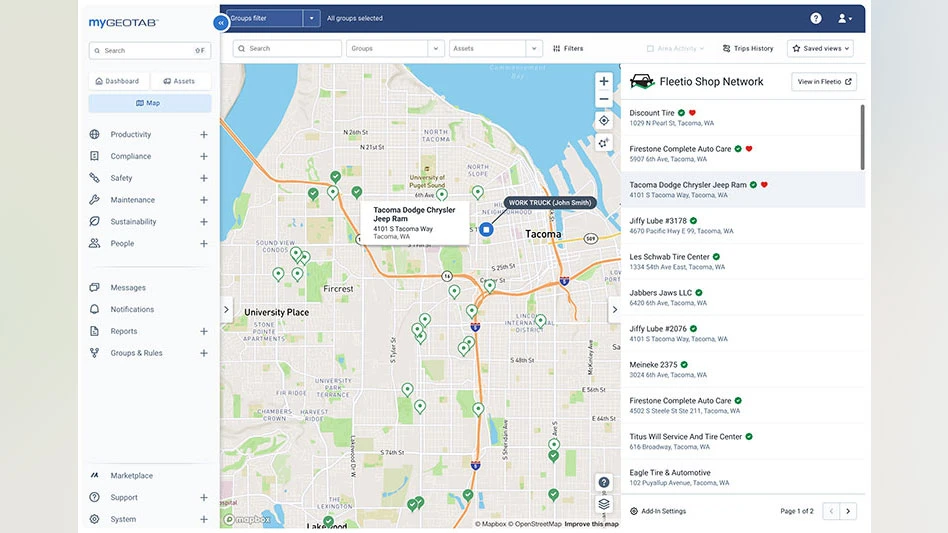
aerogondo | stock.adobe.com
Demolition plans for a boiler house building at the former Cheswick Generating Station plant in Springdale, Pennsylvania, have been left in the hands of a judge.
As reported by TribLive, Allegheny County Common Pleas Judge John T. McVay Jr. must rule on whether to grant a permanent injunction that would likely force a mechanical demolition of the power plant’s boiler house—the largest structure remaining at the site.
In September, Springdale residents filed an injunction seeking to block the implosion of the boiler house. This filing came after the June 2 implosion of the plant’s smokestacks, which allegedly caused damage to the community. Residents say the second implosion may cause additional harm.
The injunction hearing, which concluded Nov. 15, included 12 days of testimony and a court-sponsored site visit.
RELATED: Pennsylvania DEP fines demo firm $39K for waste violations
Defendants in the case are Charah Solutions, property owner of the former Cheswick Generating Station; demolition contractor Grant Mackay Co.; and explosives subcontractor Controlled Demolition Inc. (CDI).
During the hearing, the defendants stated that residents hadn’t met the requirements to grant an injunction and failed to prove that demolishing the boiler house by conventional means is safer than implosion with explosives. Defendants cited testimony from CDI President Mark Loizeaux that implosion was the safest and best way to demolish the boiler house, reports TribLive.
The plaintiffs said that an implosion of the boiler house would result in “hazardous dust” that would travel beyond the power station’s property, the damages of which could result in “personal injury, property damage and an increased risk of harm from contaminants in the dust.”
The Allegheny County Health Department approved Grant Mackay’s dust mitigation and control plan for the boiler house implosion. The Department of Environmental Protection also worked with the county health department and verified all asbestos had been removed. The defendants wrote that these remediation efforts were completed under the condition of the dust mitigation and control plan for the boiler house implosion.
McVay has not indicated publicly when his ruling on the injunction may come.
Latest from Construction & Demolition Recycling
- Radius to be acquired by Toyota subsidiary
- Pacific Steel selects Danieli as EAF equipment supplier
- Viably, Turmec partner on Ohio installation
- EPA plans to revisit numerous environmental, climate regulations
- Connecticut recycling facility looking to accept C&D faces local pushback
- Fornnax wins Green Innovation of the Year award
- ABC: Construction backlog inches lower, staffing levels expected to grow
- Former detention center in Cleveland set for demolition





